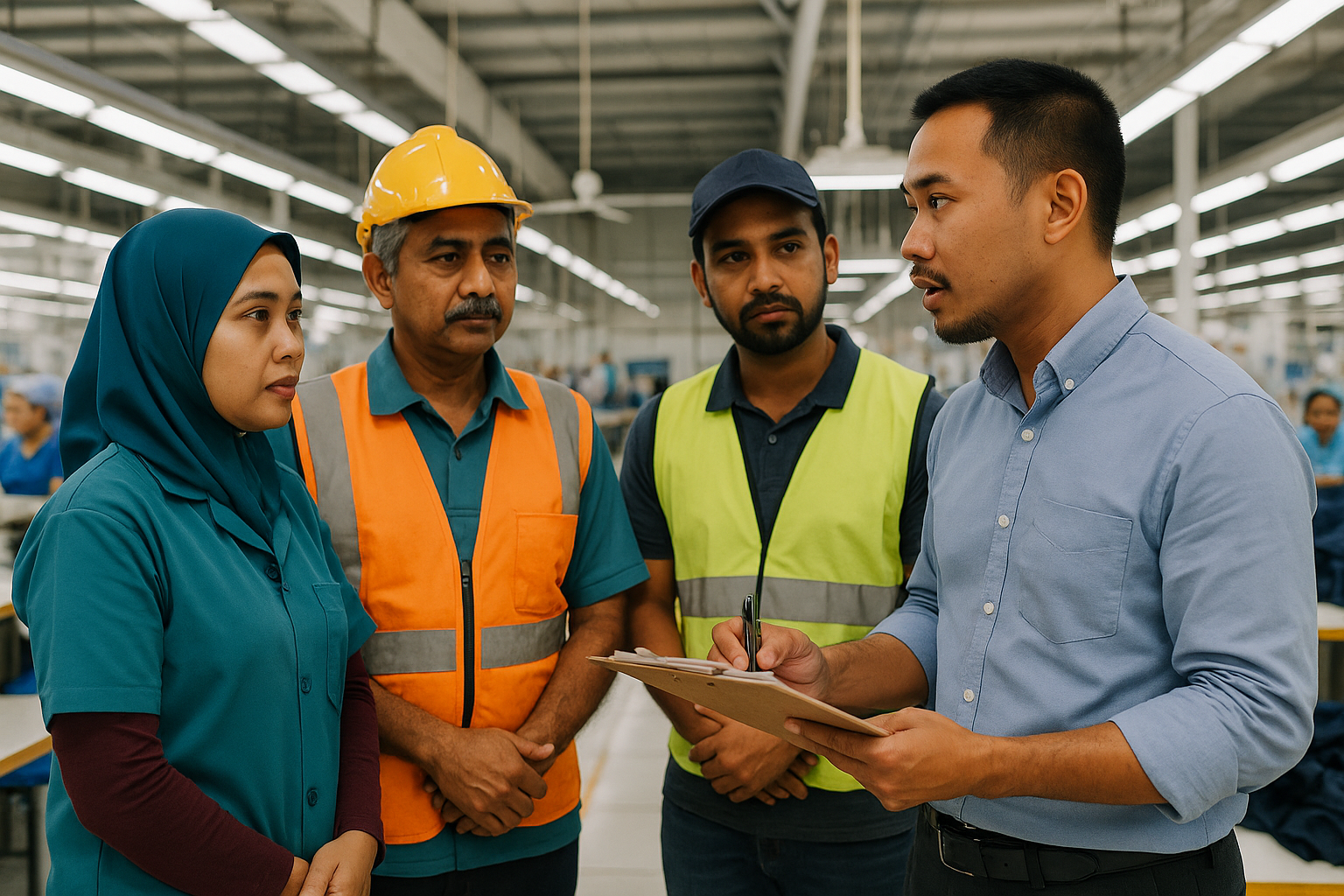ILO Dialogue in Colombo Pushes for Living Wages Across Asia-Pacific Region
The call came during a high-level regional dialogue held from 23–26 September 2025, titled Shaping the Living Wage Agenda in Asia and the Pacific, convened under the Global Coalition for Social Justice.

- Country:
- Sri Lanka
The International Labour Organization (ILO) has called for a renewed commitment to ensuring that workers across the Asia-Pacific region receive living wages, stressing that such wages are both realistic and necessary if economies are to deliver on the promise of inclusive growth.
The call came during a high-level regional dialogue held from 23–26 September 2025, titled Shaping the Living Wage Agenda in Asia and the Pacific, convened under the Global Coalition for Social Justice. The event brought together representatives from 16 countries, including governments, employers, and workers’ organizations, to explore strategies for turning the concept of a living wage into reality.
Millions Still Struggling Despite Economic Growth
Although the Asia-Pacific region has experienced steady growth in average wages over the past decade, millions of workers—especially women, migrants, and those in informal employment—continue to face low pay, rising living costs, and poor working conditions.
ILO Director-General Gilbert F. Houngbo, in a video message, emphasized the urgent need for transformation:
“What we need is a wage that allows workers not just to survive, but to live with dignity — a living wage. A living wage means being able to put healthy food on the table, afford decent housing, send children to school, and seek medical care when needed.”
ILO’s Living Wage Principles
Participants highlighted that ILO’s living wage principles provide the foundation for sustainable wage policies:
-
Social dialogue between governments, employers, and workers.
-
Equality and inclusiveness, ensuring women and vulnerable groups are not left behind.
-
Balancing workers’ needs with enterprise sustainability and broader economic realities.
-
Addressing root causes of low pay, particularly informality and wage inequality.
-
Evidence-based wage-setting, grounded in transparent and reliable data.
These principles, participants argued, can help align national wage-setting systems with global standards, ensuring that economic growth translates into better livelihoods and shared prosperity.
Regional Leadership Opportunity
Kaori Nakamura-Osaka, ILO Assistant Director-General and Regional Director for Asia and the Pacific, said the region has a pivotal role to play:
“With its vast workforce and role as a global economic engine, the region has the opportunity to demonstrate that living wages are not just aspirational, but achievable through a systematic approach grounded in social dialogue.”
New Wage Policy Tools
One of the major outcomes of the dialogue was the launch of the Asia-Pacific Digital Repository for Minimum Wages, the region’s first-ever platform consolidating wage data into a single, accessible system. The repository aims to:
-
Improve transparency and consistency in wage-setting.
-
Enhance evidence-based policymaking.
-
Support member states in developing predictable and fair wage systems.
The dialogue was followed by a three-day technical course on evidence-based wage policies, including the operationalization of living wages. The training brought together government, employer, and worker representatives from across the region.
Building on Global Agreements
The event builds on the ILO’s historic 2024 global agreement on the concept of living wages, endorsed by governments, employers, and workers. Earlier this year, the ILO also launched its first global programme dedicated to supporting countries in estimating and implementing living wages.
According to the ILO, a living wage ensures workers and their families can afford a decent standard of living, including food, housing, healthcare, education, and other essential needs. This distinguishes it from minimum wages, which act as legal wage floors but do not guarantee adequacy to cover all living costs.
Looking Ahead
As Asia-Pacific economies continue to grow and integrate into global value chains, the push for living wages will be central to addressing inequality, improving working conditions, and advancing social justice.
By embedding wage-setting in dialogue, evidence, and fairness, the region can demonstrate that living wages are practical, achievable, and essential for sustainable development.










